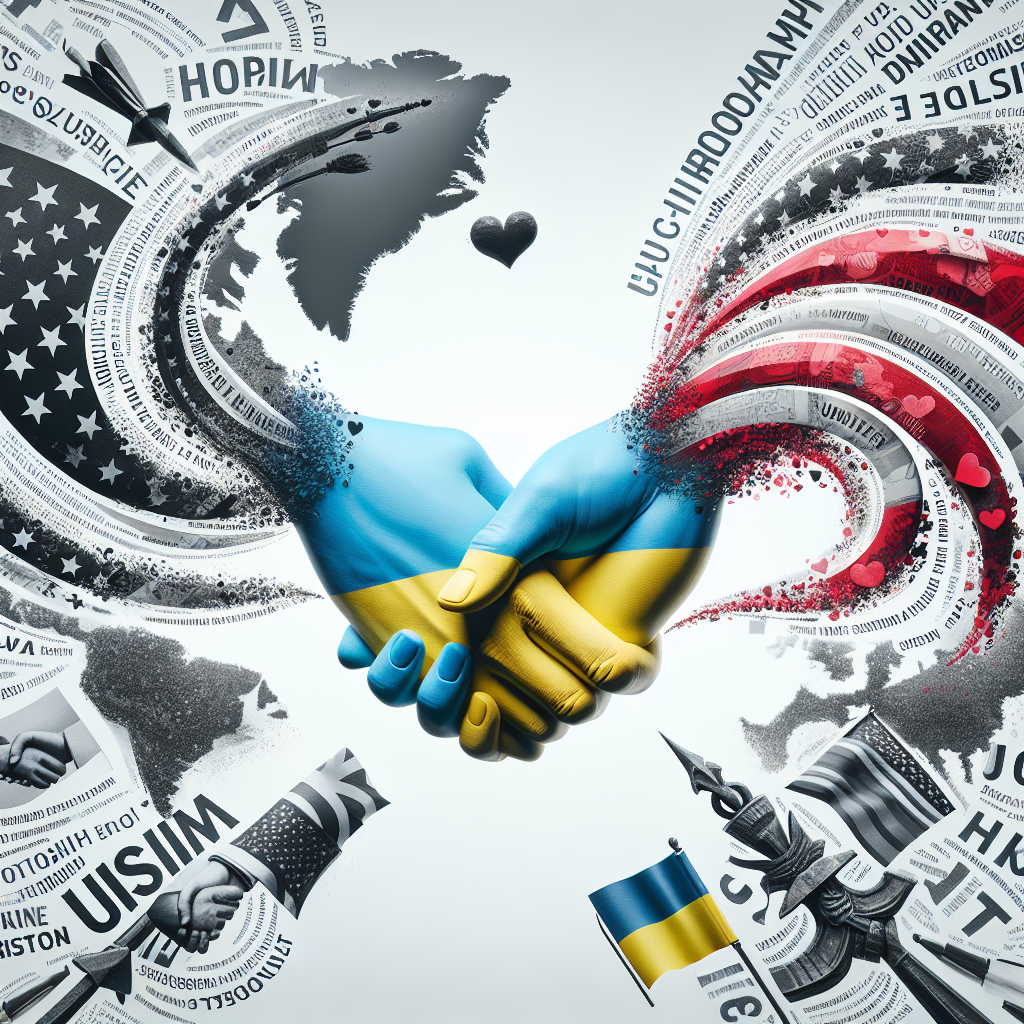Europe’s Concerns About US-Russia Negotiations on Ukraine
Europe’s Concerns About US-Russia Negotiations on Ukraine
Introduction
As the United States and Russia engage in negotiations concerning the ongoing conflict in Ukraine, European nations are expressing significant concerns. These apprehensions stem from potential geopolitical shifts and the implications for European security and stability.
Key Concerns
- Exclusion from Talks: European countries fear being sidelined in discussions that directly impact their region, leading to decisions that may not align with their interests.
- Security Implications: There is anxiety over how any agreements might affect NATO’s role and the broader security architecture in Europe.
- Economic Repercussions: Potential changes in sanctions or trade dynamics with Russia could have significant economic impacts on European economies.
European Responses
In response to these concerns, European leaders are actively seeking to assert their influence in the negotiations. They are emphasizing the importance of a unified Western approach and the need for transparency in any agreements reached.
Potential Outcomes
- Strengthened Alliances: The situation could lead to stronger intra-European alliances as countries band together to ensure their voices are heard.
- Policy Adjustments: Europe may need to adjust its foreign and security policies depending on the outcomes of the US-Russia talks.
- Increased Diplomatic Efforts: European nations might increase diplomatic efforts to engage directly with both the US and Russia to safeguard their interests.
Conclusion
Europe’s concerns about US-Russia negotiations on Ukraine highlight the complex interplay of international diplomacy, security, and economic interests. As these talks progress, the need for a cohesive and inclusive approach becomes increasingly critical to ensure stability and security in the region.

































